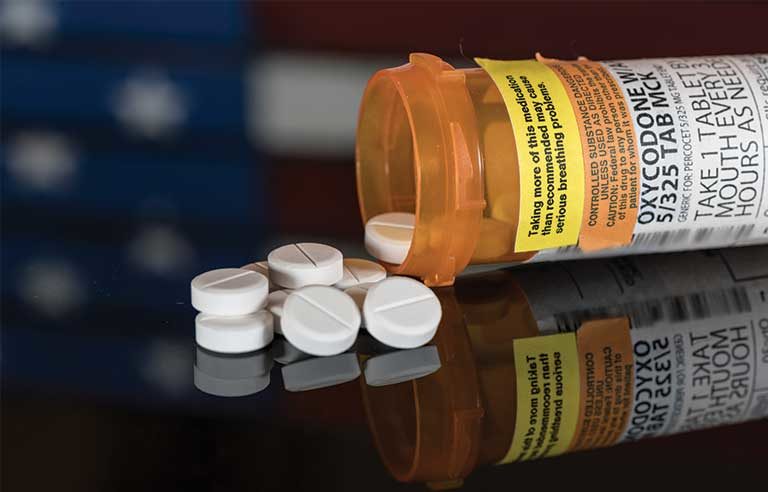Targeting opioid misuse: Study finds a lack of evidence-based interventions for young people

Itasca, IL — Evidence-based prevention programs that address prescription opioid misuse among young people are needed, say researchers at the University of Michigan and the National Safety Council, whose recent study showed that about 1 out of 10 young adults and 1 out of 20 adolescents have misused prescription opioids.
For the study, the researchers reviewed 76 studies published from January 2013 to September 2018 that examined prescription opioid misuse among young adults (18-25) and adolescents (10-17) in the United States.
According to a Feb. 3 press release from NSC, more than 5,000 people between the ages of 5 and 24 died from unintentional poisoning – largely from opioid overdose – in 2017. Results of the research review indicate a lack of “evidence-based interventions available to understand the trajectory and risk factors for opioid misuse in adolescence and young adulthood and proven programs that can prevent misuse, opioid use disorder or overdose in youth and beyond into adulthood.”
In response, NSC and the UM Injury Prevention Center will explore promising intervention programs and methods to make recommendations for future directions.
“Evidence-based prevention efforts for this age group should be tailored to an individual’s contexts, severity, motives and other risk factors related to prescription opioid misuse,” lead study author Erin Bonar, a licensed clinical psychologist and associate professor in the UM Department of Psychiatry, said in the release. “These efforts should be informed by behavioral change theories, be community-focused, efficient and scalable, and be tailored to developmental considerations.”
Added NSC President and CEO Lorraine M. Martin, “The U.S. opioid epidemic is a public health crisis that impacts all ages, including teens and young adults. Most teen-directed prevention programs focus on other drugs such as alcohol and marijuana. This research review emphasizes the critical need for a focus on opioid misuse during these crucial developmental years.”
The study was published online Jan. 3 in the journal Preventive Medicine.
